-
What is an illocutionary act?
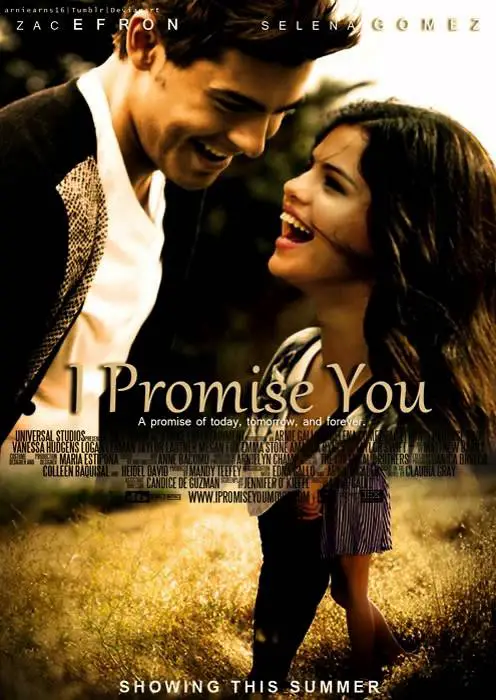
In The Office skit below, Michael Scott is attempting to imitate a Southern American accent for a game. He tries to sound Southern by saying “I do declare” at the end of each sentence. As Michael Scott is using it, “I do declare” is an exclamatory embellishment rather than an illocutionary act. The character of […]
-
Unexpected Detail In Fiction
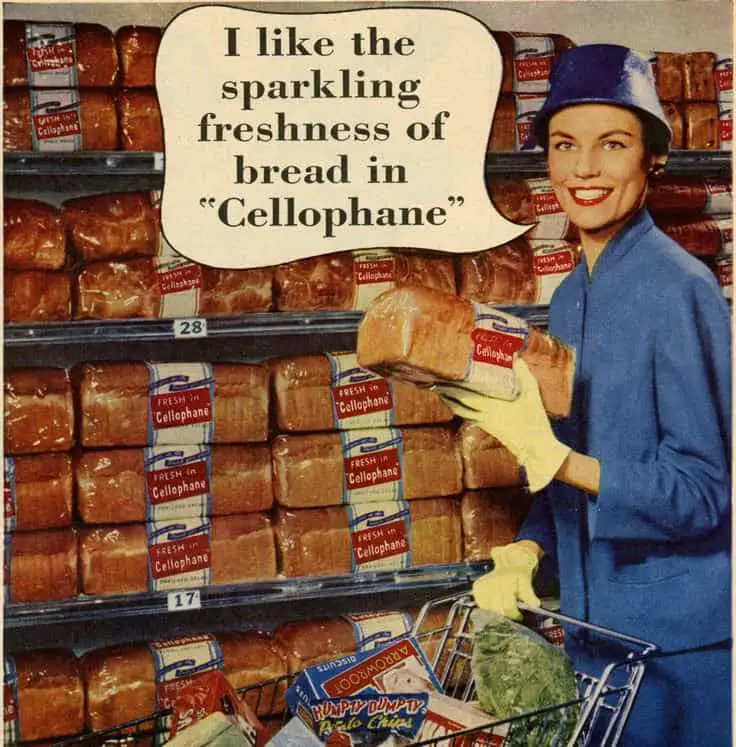
Some of the most powerful details in fiction are the ones we don’t expect. We might call this ironic detail, or perhaps we should just stick with ‘surprise’. Good stories are all about surprise. A huge amount of information about character and backstory can be conveyed through small detail. Sarah Waters Good writing is specific […]
-
Why ‘Toxic Masculinity’ Is A Problematic Phrase, But Only Grammatically
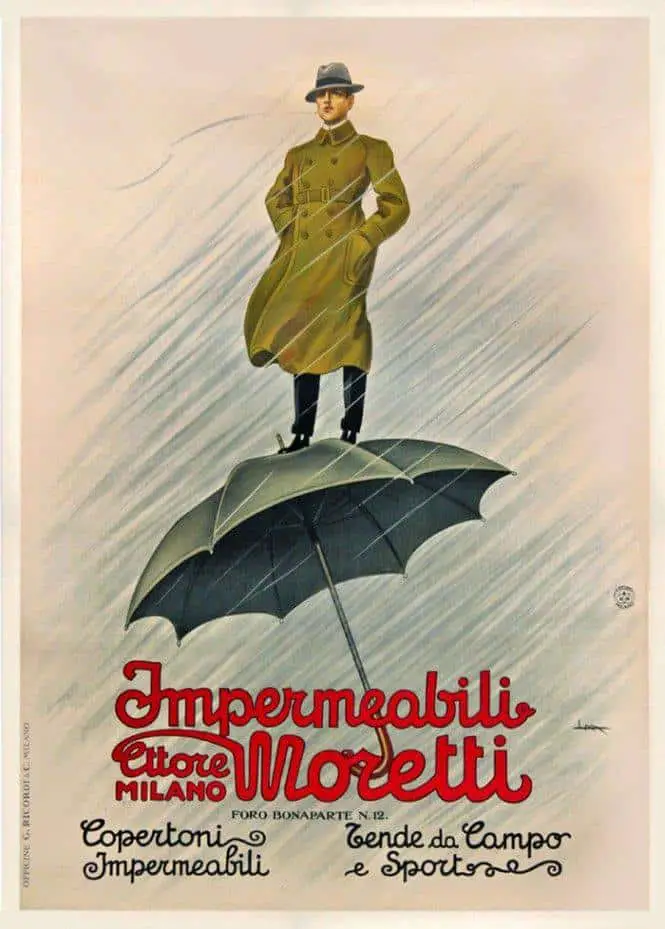
A few weeks ago Gillette dominated social media for producing an advertisement criticising what is now more widely known as ‘toxic masculinity’. In academic circles, ‘toxic masculinity’ has been used since the 1990s and refers to ‘… the constellation of socially regressive male traits that serve to foster domination, the devaluation of women, homophobia, and […]
-
A Dill Pickle by Katherine Mansfield Short Story Analysis
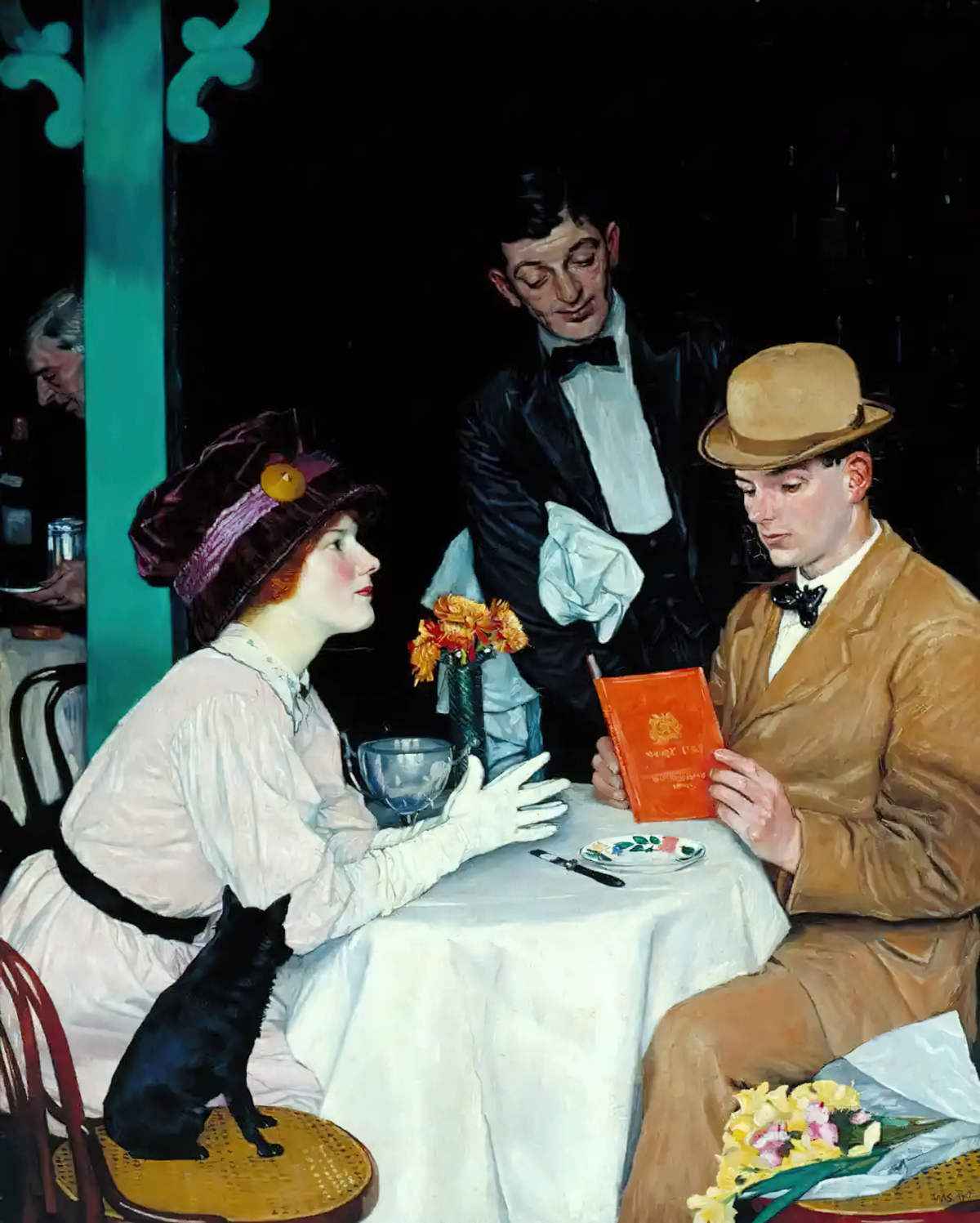
“A Dill Pickle” is a 1917 short story by Katherine Mansfield. Over the course of a single café scene, a woman meets up with a former beau. This is a feminist story about how men and women tend to communicate, and illuminates Mansfield’s deep interest in psychology. I’m in a restaurant in Cambridge and this […]
-
Onomatopoeia, Mimesis and Children’s Literature

Someone in a children’s writing forum crowdsourced recently: What does a waterfall sound like? They were after an onomatopoeic sound. Some replied ‘trickle’. Others said ‘trickle’ is no good at all for a waterfall, as ‘trickle’ suggests a piddling amount of water. I don’t know what they decided, but I thought of my years learning […]
-
What is a ‘strong verb’?

In high school English we were taught to use ‘strong verbs’ and ‘specific nouns’. Today I’d like to say about more about those strong verbs.
-
Parts of Prose
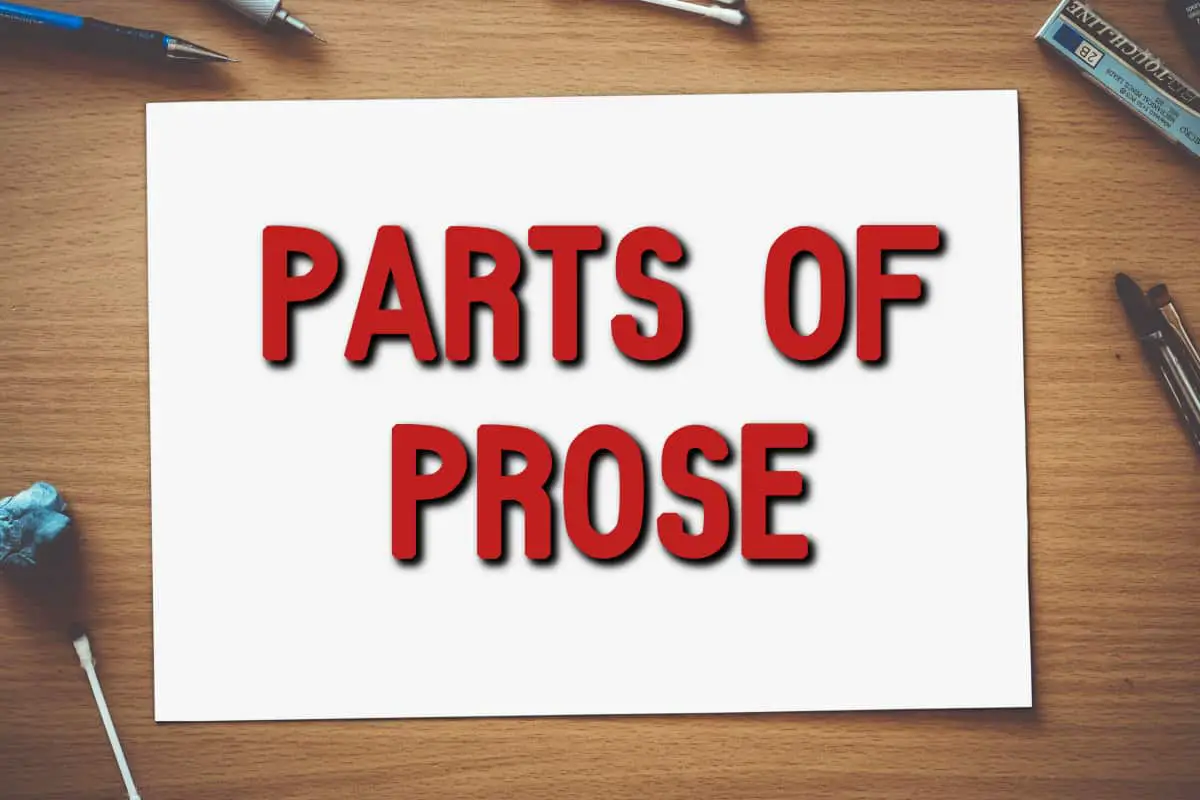
There are various ways of thinking about prose. Paragraphs, sentences, words, letters, morphemes. Useful in linguistics; not especially helpful when editing fiction. Acts, scenes, beats. Useful for screenwriters, maybe. (Not everyone thinks in terms of acts, ie. three act structure. Every screenwriting guru carves universal structure differently, usually between 5 and 8 compulsory steps.) What […]
-
Purple Adjectives, Plain Adjectives; Every adjective has a home
ON PURPLE PROSE Apart from the fact that certain types of writing demand flowery language — a subset of the romance genre being a case in point — there are other uses for the sort of prose which otherwise reads so beautifully that it draws attention to itself. Sometimes such language has the unintended effect […]